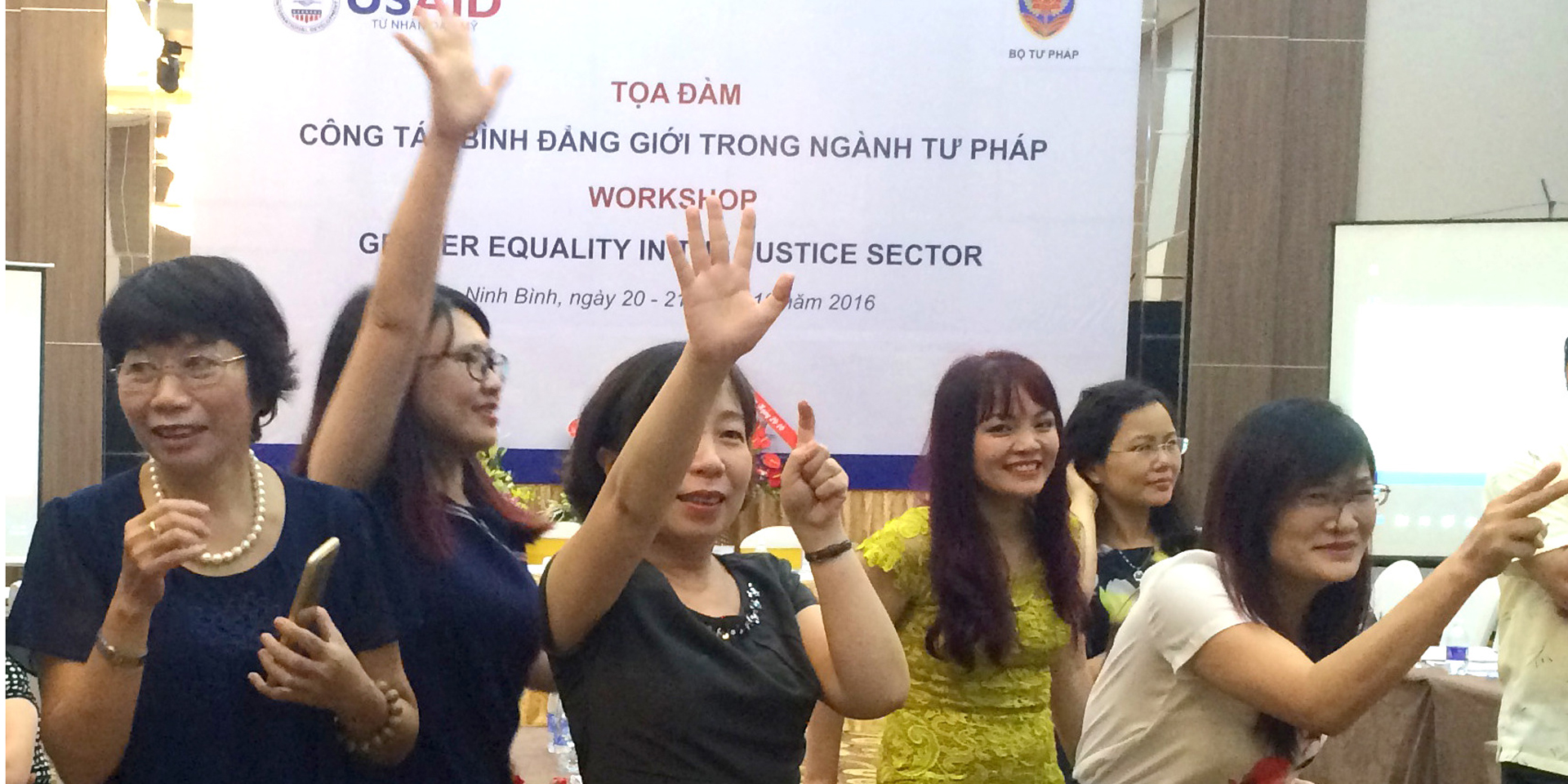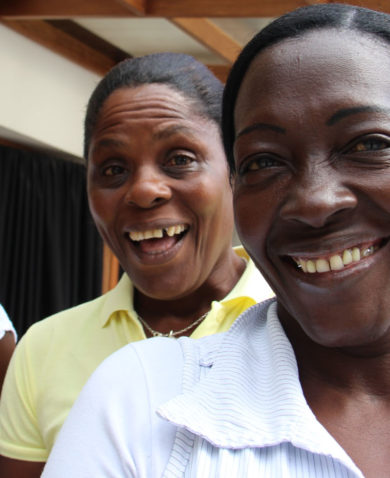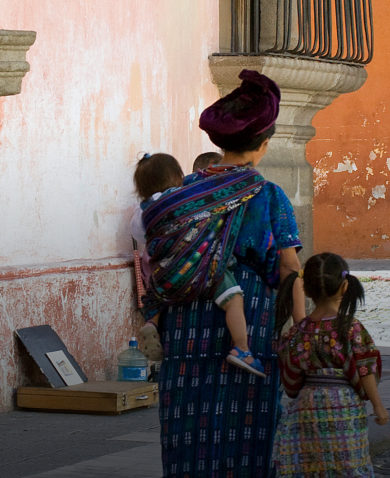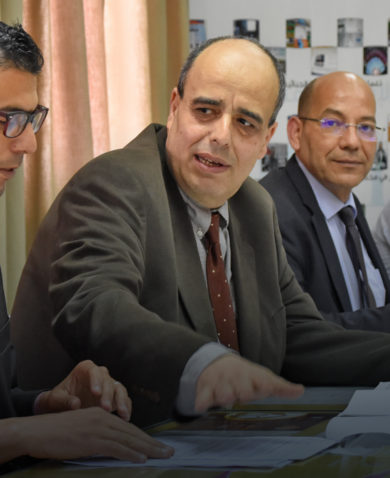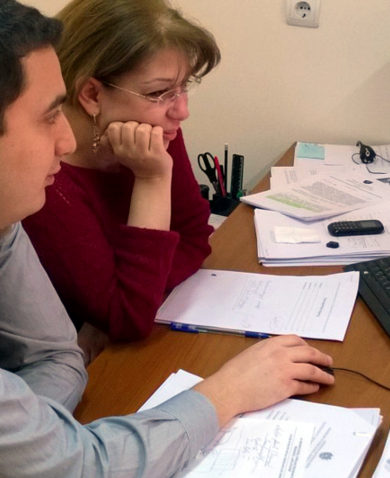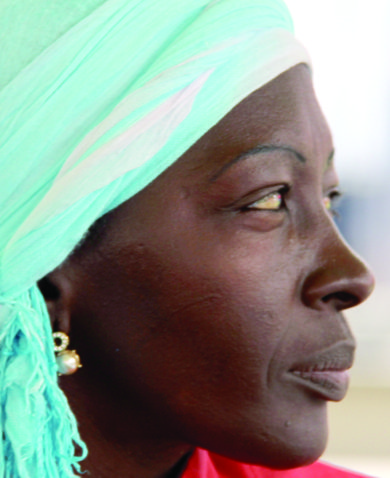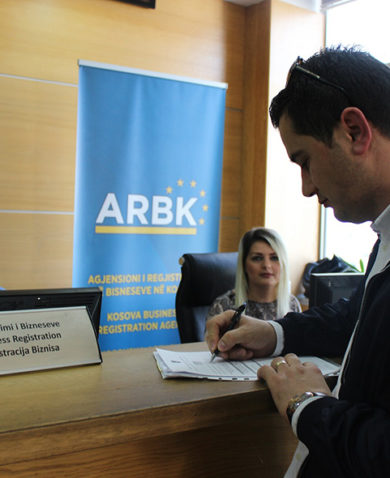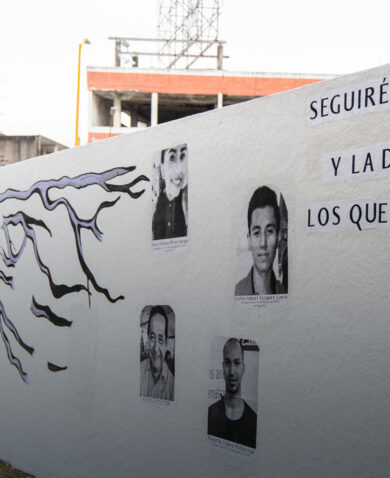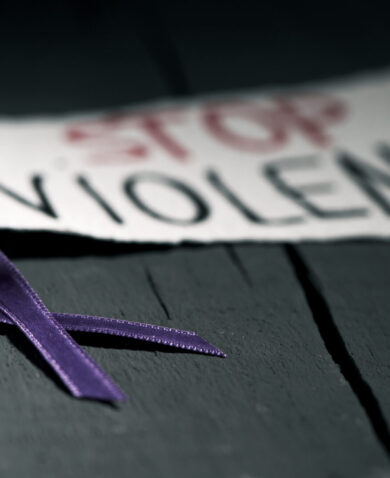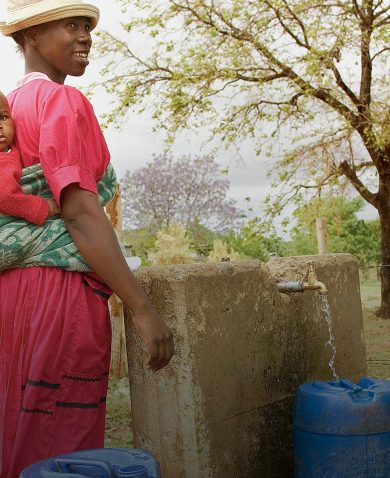“The Ministry of Justice plays an important role in policymaking and monitoring law and regulation. The training to advance knowledge and skills of ministry officials regarding gender equality and inclusion is very meaningful,” said Nguyen Thi Bich Diep, program manager of law and social development for the GIG project.
In one activity to address institutionalized gender gaps, the Ministry of Justice Committee for the Advancement of Women conducted training workshops for key justice sector leaders at various levels of government. The workshops aimed to equip participants with skills to address gender equality issues in legal documents and improve their awareness of larger social issues.
“The workshop on gender equality in the justice sector has helped me to have a better understanding of laws on gender equality,” said Nguyen Thi Hanh, vice director of the Department of Criminal and Administrative Laws in the Ministry of Justice. “As a woman working in the justice sector…I hope there will be more workshops like this to strengthen our knowledge and skills.”
Using this participatory approach will ensure that resulting policies reflect the actual needs of the people they protect.
While an improved legal framework will contribute to sustainable development objectives that support inclusion, opportunities for vulnerable populations will require even more targeted efforts to address the unique challenges of excluded groups like the LGBTI community. Promoting inclusive growth requires more than creating economic opportunities; it demands involving underrepresented people in the actual process of creating such opportunities and ensuring that all people have access to them.

